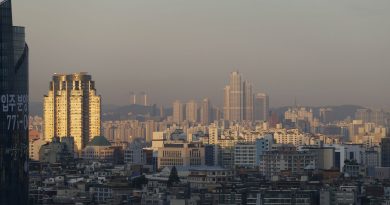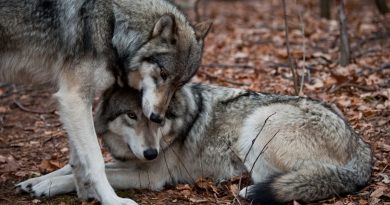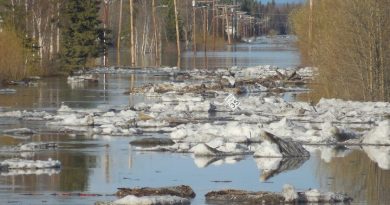Inuit org “regrets” lack of firm commitment on emission reduction at IMO meeting, but mid-term measures promising
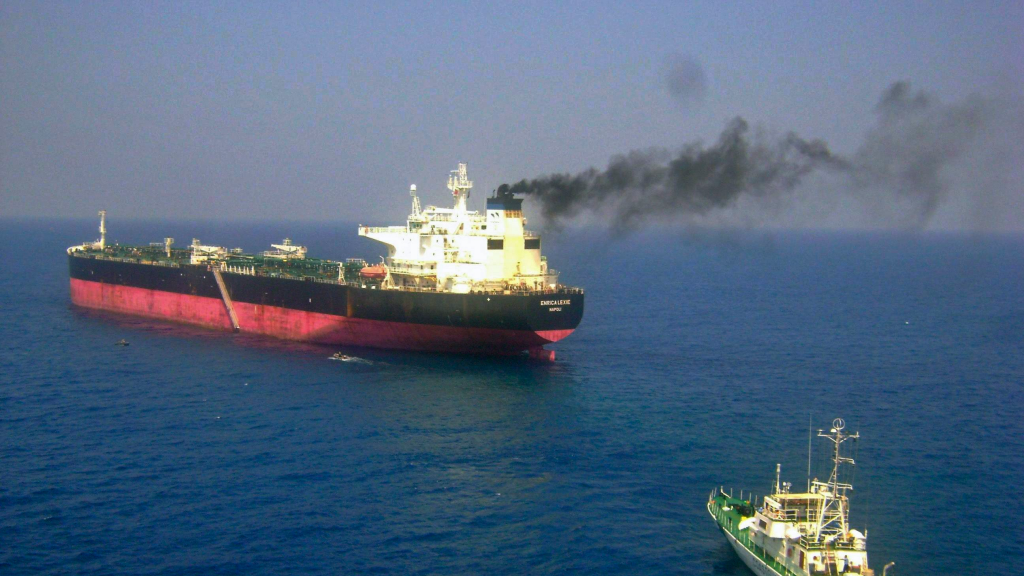
The International Maritime Organization’s Marine Environment Protection Committee (MEPC) 77 wrapped up at last month with adopting a resolution urging member states to voluntarily use clean fuel alternatives in vessels operating in or near the Arctic.
The Inuit Circumpolar Council (ICC) says this was a positive step, but that it ‘regrets’ that firm commitments on decarbonizing global shipping weren’t reached.
“With this resolution IMO members sent a clear message about the significant impacts from Black Carbon as well as the shipping sectors’ responsibility in reducing it,” ICC said in a news release on Tuesday.
Black carbon is made up of fine matter produced by incomplete combustion of carbon-based fuels, which when deposited on ice and snow, absorbs heat instead of reflecting heat, contributing to global warming and acting as a climate change amplifier.
Importance of Glasgow Agreement
Dalee Sambo Dorough, ICC’s International Chair, says mid-term measures discussed at the meeting included carbon levies and fuel standards, but expressed reserve at the lack of strong engagement to orient the IMO with the Glasgow Agreement that included things like phasing out fuel subsides, and further pledges to cut emissions.
“A major issue was aligning the IMO with the Glasgow Agreement through key steps towards decarbonizing global shipping to achieve the aspirational 1.5°C as agreed to at COP26 Climate Summit,” Dorough said.
“This would include the signing of the Dhaka-Glasgow Declaration, the Clydebank Declaration, and the Declaration on Zero Emission Shipping by 2050 for greenhouse gas (GHG) reductions in the global shipping fleet. ICC regrets that a firm commitment, despite widespread support for emission reduction by 2050 was not supported.”
Important issue for the North
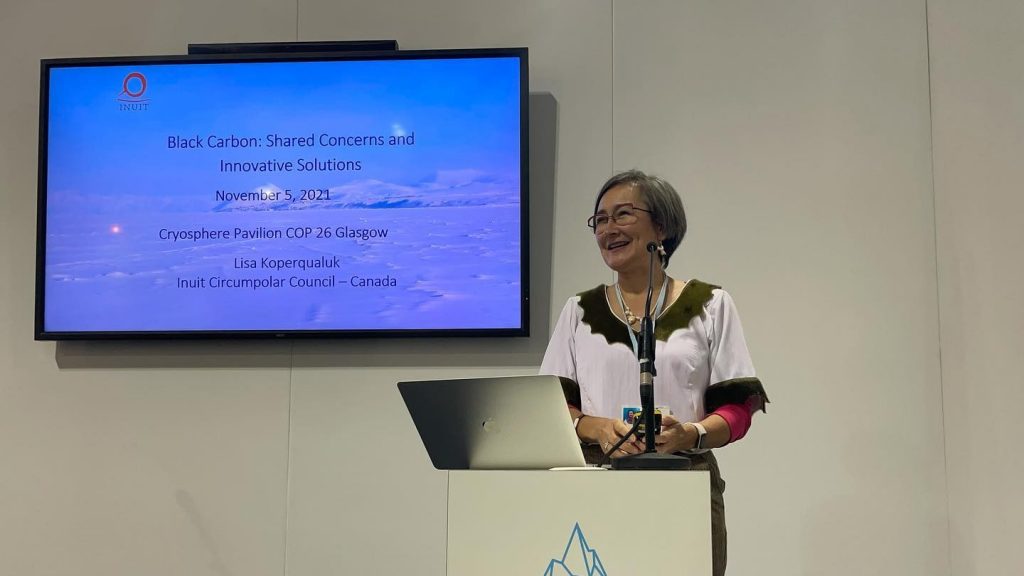
Fly-in Arctic communities around the world rely on shipping for everything from food to goods and ICC maintains that these remote communities must not be required to absorb the costs of transitioning to cleaner fuel.
“ICC continues to support a sustainable Arctic fleet,” Lisa Koperqualuk, ICC Canada Vice-President International, said.
“Arctic shipping is critical infrastructure for Arctic communities and 90% of all global trade is by ships making this a key industry to work with in partnership to advance environmental protection. Protection of the Arctic marine environment and food security is the paramount concern”.
ICC represents the approximately 180,000 Inuit in Alaska, Canada, Greenland, and Chukotka, Russia.
November’s meeting was the first time ICC participated at the IMO since it received provisional consultative status on the organization in November.
Write to Eilís Quinn at eilis.quinn(at)cbc.ca
Related stories from around the North:
Canada: 44 per cent increase in unique ships entering Canada’s Northwest Passage, says report, Eye on the Arctic
Estonia: Estonian president favorable towards Arctic railway project, cautious about future of Arctic shipping, Eye on the Arctic
Finland: Climate change worries Finland’s young reindeer herders, Yle News
Greenland: Greenland to join Paris climate agreement, Eye on the Arctic
Norway: Shipping, climate & business opportunities in the North: Q&A with the Arctic Economic Council, Eye on the Arctic
Russia: Shipping on Northern Sea Route on course for 35 million tons in 2021, The Independent Barents Observer
Sweden: Northern Sweden expects population boom from green investments, Radio Sweden
United States: New research shows how Alaska subsistence harvesters are having to adapt to climate change, Alaska Public Media

